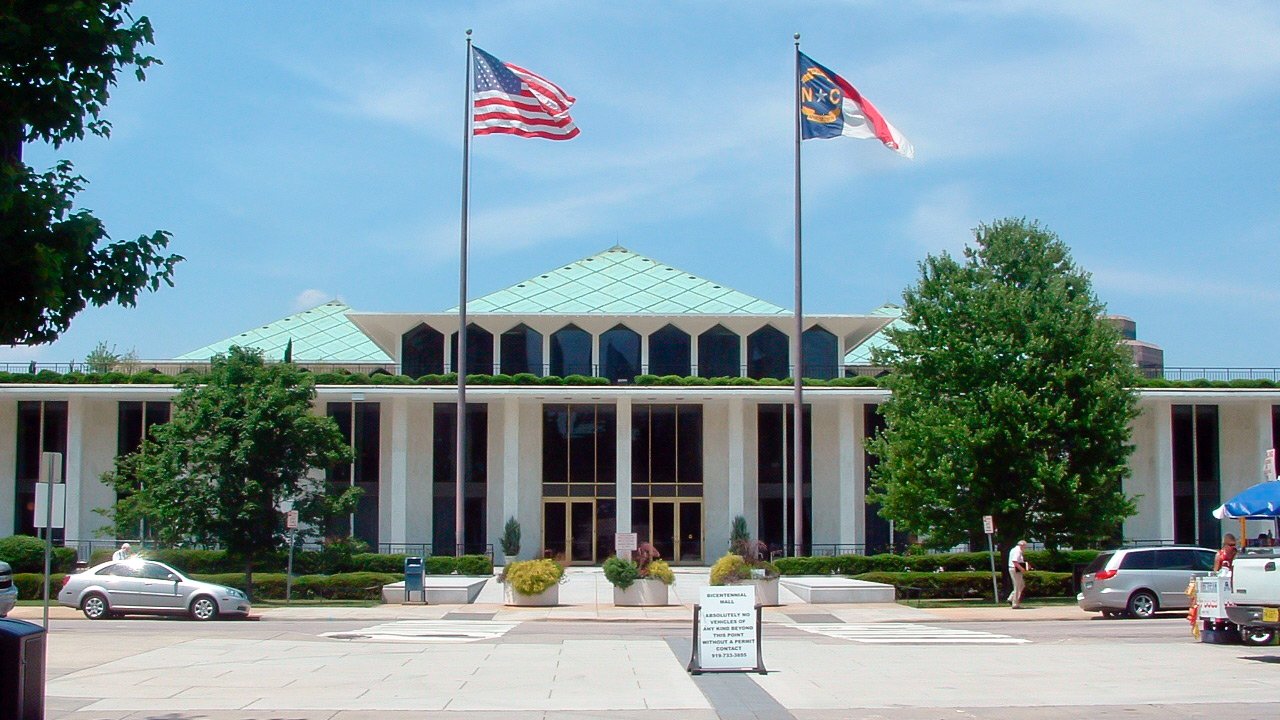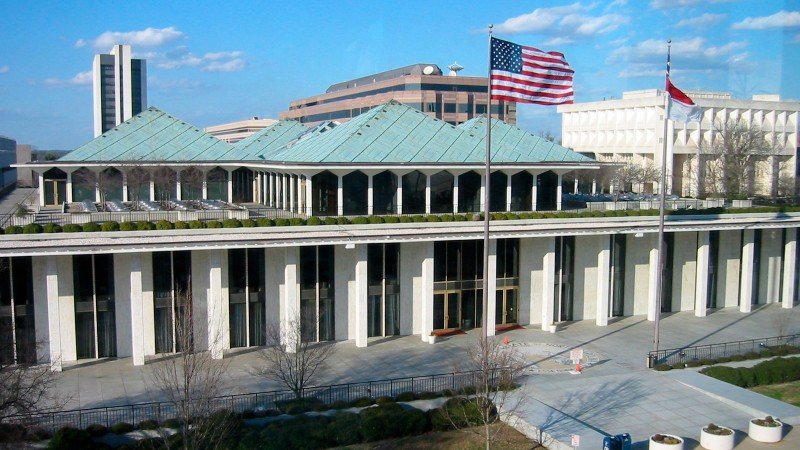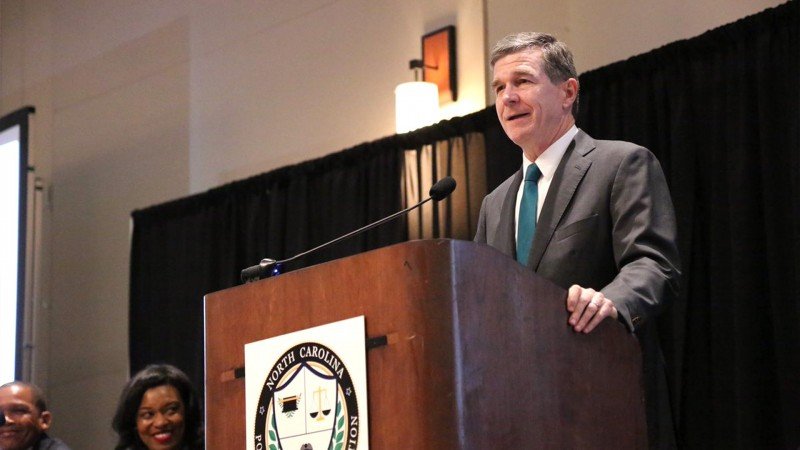North Carolina gets a step closer to legalizing sports betting after positive House vote

Sports gambling came a step closer to legalization in North Carolina on Tuesday, as the House voted for legislation to permit, regulate and tax wagering activities less than a year after the chamber scuttled a similar effort. The estimated launch date under the plan would be January 8, 2024.
The winning 66-45 vote for pro-gambling forces signals the legislature could be willing to offer residents in the nation’s ninth-largest state the chance to bet on professional, college and Olympic-type athletics, both in-person and online.
In order for the legislation to move to the Senate, one more House vote is needed this Wednesday. Democratic Gov. Roy Cooper supports sports betting legislation, as does Republican Senate leader Phil Berger.
Gov. Roy Cooper.
Last June, a different version of the House amended a wagering proposal and defeated a Senate bill in a razor-thin vote. A coalition of Christian conservatives and liberal Democrats turned back the measure on grounds of protecting families and the poor from the consequences of compulsive gambling.
Some past gambling opponents are no longer in the legislature, and pro teams have intensively lobbied in favor of the move. This year’s top supporters of the bipartisan House Bill have been deliberate in building support, collecting more than 55 sponsors within the 120-member chamber.
House Bill 347 has four key sponsors: Rep. Jason Saine, a Lincolnton Republican; Rep. Zack Hawkins, a Durham Democrat; Majority Leader John Bell, a Wayne County Republican; and Rep. Ashton Clemmons, a Greensboro Democrat.
Saine pointed out Tuesday that “sports betting is a form of entertainment, something that consenting adults with their own money should have the right to do." The lawmaker pointed out "it is already happening, and ignoring the issue only makes it worse as other states around us continue to legalize it," as per Associated Press.
Rep. Jason Saine.
Sports wagering operators covet the proposed licenses in a state largely untapped for gambling save for betting locations at casinos run by the Eastern Band of Cherokee Indians in western North Carolina and the Catawba Indian Nation west of Charlotte. The state is home to the Carolina Panthers, Carolina Hurricanes and Charlotte Hornets, Atlantic Coast Conference basketball teams, NASCAR and professional golf.
The measure would direct the North Carolina Lottery Commission to issue between 10 and 12 interactive sports wagering licenses to entities that would be subject to robust background checks and $1 million application fees. Pro sports arenas, stadiums and automobile racing tracks could open establishments onsite or nearby to offer in-person wagering.
There would be prohibitions on betting on high school and youth sports, and a late change to the measure Tuesday prevents horse-racing bets as well. Athletes for sports subject to gambling also would be barred from betting, and there would be a self-exclusion mechanism.
The House defeated several amendments, including proposals to block betting on college and Olympic sports and to raise application fees on licensees and penalties on licensees who violate rules.

The state would collect a 14% privilege tax on the operators’ gross revenue, minus winnings and other expenses. Promotional credits given to encourage new players to bet and become customers also would reduce revenue levels until 2027.
The legislature’s fiscal staff estimates the state bringing in $20 million in net revenue in 2024-25, a figure that doubles within three years. Saine predicted the state should collect even more - soon as much as $80 million annually.
The privilege tax revenues would go to local, regional and state athletics initiatives, smaller athletic programs at University of North Carolina system schools and problem-gambling programs.




















































